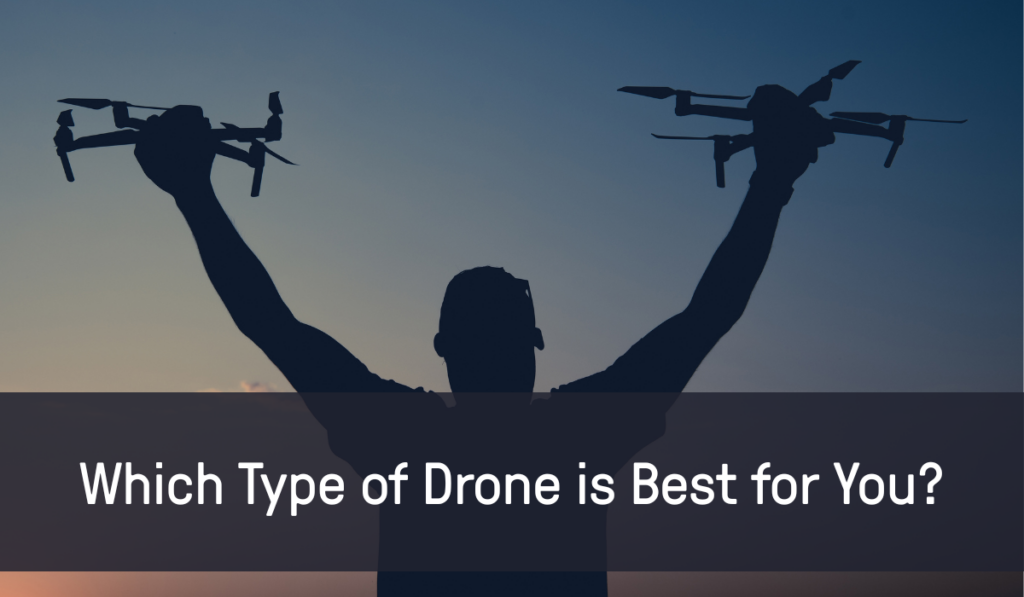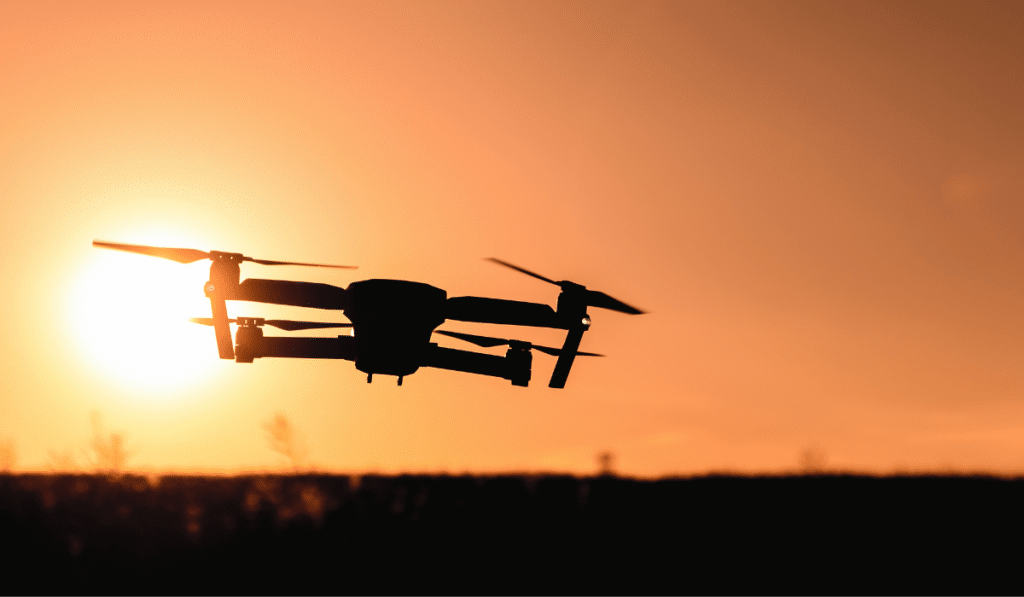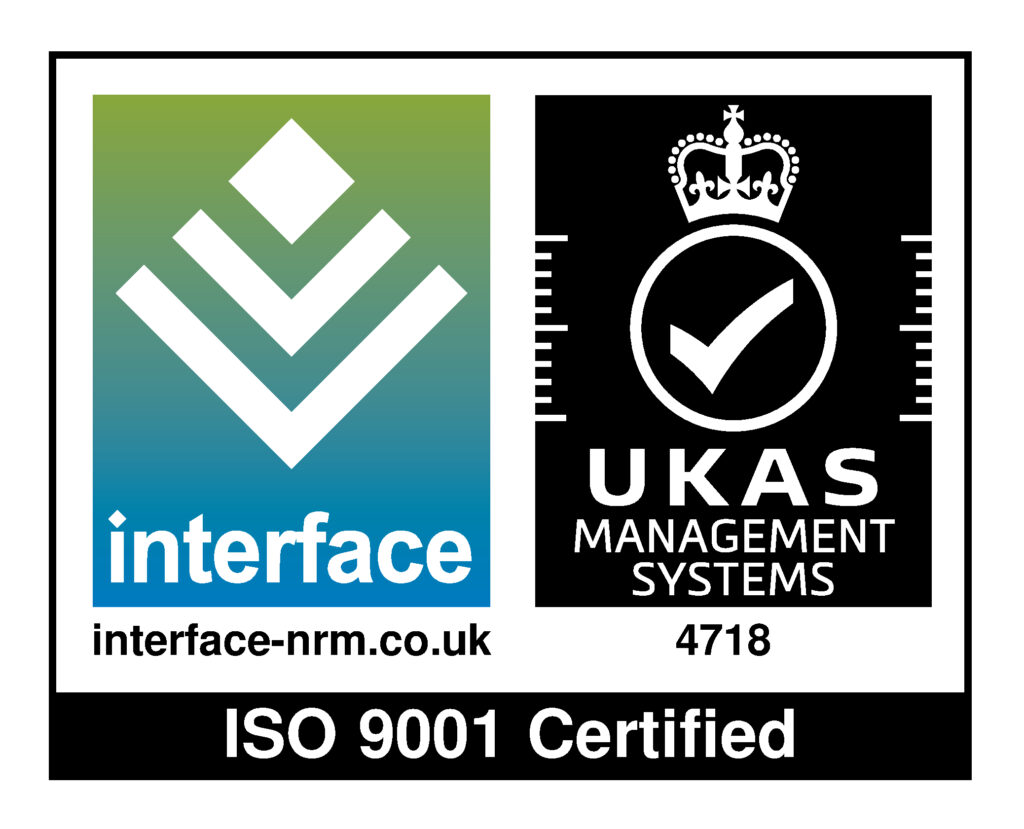Overcoming 3 Key Barriers to Drone Program Creation
Barriers to drone programs, such as privacy concerns, costs, and unfamiliar technology are all easily overcome.
Have you ever been curious about adopting drone technology, but nervous about the barriers to creating a drone program? If so, you’re not alone. Privacy concerns, technological unknowns, and the initial costs are all legitimate issues to think about.
Recently, I had the pleasure of being interviewed on a podcast discussing the benefits of drones. As it happened, one of the most interesting topics we discussed were the barriers to drone programs some people face when considering adopting the technology.
In fact, it’s one of the most common issues I run into when consulting. Many business owners and organizations are interested in using drones, but have a few reservations.
Some concerns I hear are rooted in public perception, while others are more business related.
While I occasionally encounter a barrier from way out of left field, a few concerns stand out as the most common.
The top three barriers to drone programs people typically share are: concerns over privacy issues, unfamiliarity with drone technology, and fears over the cost of UAVs.
Any one of these three issues holds the power to prevent a business from adding drones to its operations.
But, while these apprehensions stem from valid concerns, most remain easy to overcome with a little explanation.
Let’s take a look at each of the three issues, and see why these barriers to drone program creation aren’t as challenging as you may fear.
Privacy Concerns
A few years ago, I was a member of the local Sheriff’s Search and Rescue team. And, when I joined, I was excited to use my drones to help find lost people.
Sadly, I soon discovered the department refused to use drones – per county policy – due to privacy concerns. What should have been an excellent tool for the team wasn’t even given a chance.
Invasion of privacy is one of the more common reasons organizations hesitate to adopt drones.
Undeniably, UAVs collect a large amount of data, which some see as “spying”. In reality, the person operating the drone is mainly in control of the information it collects.
The solution to addressing this issue is transparency.
These days, a surprising number of businesses use drone technology, and operate in all areas, both rural and highly populated.
If you’re concerned people in a given area will be distrusting, talk to them. Let them know what you’re doing. You’ll be pleasantly surprised how a simple chat can alleviate tensions and concerns.
I’ve had people question my operations more times than I can count, and with a little explanation, they have always walked away with a better understanding and fewer concerns over a perceived invasion of their privacy.
It’s natural for people to remain nervous about the unknown or worry about their privacy. But, replace that fear with transparency and information, and this barrier to drone programs quickly melts away.
Unknown Technology
Technology can be intimidating if you’ve never been exposed to drones.
Specialized payloads, such as LiDAR or thermal cameras, appear complex & confusing to those who don’t use them on a daily basis. Additionally, even the outputs of processed drone data can create confusion. For instance, LiDAR-created point clouds are just one example that comes to mind.
If UAVs come off as complex, your best course of action is to speak with experts in the drone field.
Like any journey into the unknown, the trip is infinitely more manageable when you have a guide.
Drone consulting experts can walk you through the technology and its benefits. Subject matter experts can also identify which drones and payloads best suit your needs.
Not every drone is well suited for every task, and you’ll want to make sure you get the most from your equipment.
Drones May Cost Less Than You Think
When bringing drones into an organization, of course stakeholders must consider the costs involved.
You’ll need to consider drone purchases, hiring or training people, and building the organizational structure around UAV operations.
Thankfully, and to the great relief of many, cost doesn’t need to be among the major barriers to drone programs.
While it’s true that some higher-end drones represent substantial investments, most operations can see significant gains from even modestly priced drones.
Entry-level enterprise solutions start at around $4,000, and can perform a wide range of tasks right out of the box. Some of these use cases include visual inspections, mapping, and photogrammetry.
Within just few uses, the drone pays for itself by saving time, improving safety conditions, and cutting costs.
Thanks to built-in safety features, advanced Artificial Intelligence, and autonomous flight capabilities, training your team to use drones is a relatively straightforward process. With the right training from industry experts, your personnel can become pilots in a minimal amount of time.
The days of spending lots of time and money to develop a team to operate drones are gone. Add in the fact that developing a team can positively impact your bottom line, and adopting drones becomes a winning proposition.
Barriers to Drone Programs Are Easily Overcome
If any of these three points have been a barrier to drone program creation in the past, hopefully your concerns have been alleviated. UAV technology simply offers too many benefits to be ignored.
And, if you aren’t using drones, chances are your competition is. You’re sure to find the advantages drones bring to the table too good to pass up.
—
So, are you ready to take advantage of drones for your organization? If so, how do you get started? Do you hire out or bring your drone program in-house?
At Consortiq, we help you find a better way with drones, from consultation and program implementation, to actually doing the work for you.
Ready to learn more? Just complete the form below to schedule a risk-free consultation!

David Daly - Contributing Author
David Daly, is an award-winning photographer/writer and licensed (FAA) Commercial sUAS pilot. A graduate of the United States Naval Academy, David is a former Marine Corps officer with a BS in Oceanography and has earned his MBA from the University of Redlands. David has worked for Fortune 100 companies and has a background in aerospace, construction, military/defense, real estate, and technology.
Ready to Utilize Drones For Your Organization?
Contact Us Today to Get Started!




